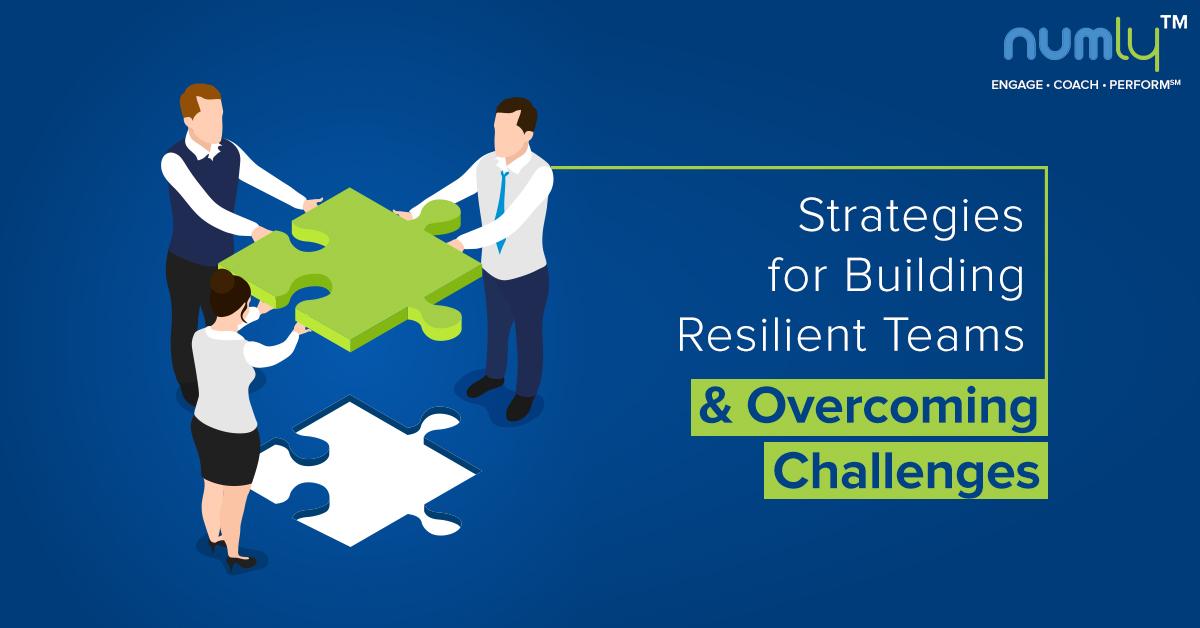In the hustle and bustle of modern work environments, where deadlines loom and the constant ping of notifications is the norm, the quest for productivity often overshadows the pursuit of well-being. Yet, nestled within this whirlwind of activity lies a powerful, transformative practice that promises not just to enhance efficiency, but to nurture the human spirit: mindfulness. Far from being a fleeting trend, mindfulness has steadily made its way into workplace settings, offering a fresh perspective on how we engage with our tasks, our colleagues, and ourselves. This article delves into the myriad benefits of incorporating mindfulness into the professional realm, exploring how this ancient practice can foster a more harmonious, focused, and resilient workforce. Whether you’re an employee seeking balance or an employer aiming to cultivate a thriving organizational culture, the insights ahead may just inspire a mindful revolution in your workplace.
Cultivating Calm Amidst Chaos Harnessing Mindfulness for Stress Reduction
In the bustling environment of today’s workplace, the practice of mindfulness offers a sanctuary for those seeking to navigate stress with grace and resilience. By anchoring attention in the present moment, employees can cultivate a profound sense of calm that permeates their daily tasks. Mindfulness is not merely a personal practice but a transformative tool that can be woven into the fabric of corporate culture. Embracing this approach can lead to a more harmonious work environment where individuals thrive amidst the demands of modern-day professional life.
Implementing mindfulness in the workplace can lead to numerous benefits, including:
- Enhanced focus and concentration: Mindfulness practices encourage employees to hone their attention, reducing distractions and boosting productivity.
- Improved emotional intelligence: Being present allows for better recognition and management of emotions, fostering a more empathetic and collaborative team atmosphere.
- Reduced stress and burnout: Regular mindfulness exercises can help mitigate stress, promoting mental well-being and reducing the risk of burnout.
- Greater creativity and problem-solving: A calm mind is more open to innovative ideas and effective solutions, enhancing decision-making processes.
By integrating mindfulness into daily routines, organizations can cultivate an environment where calm prevails, even amidst chaos, ultimately leading to a more resilient and adaptable workforce.

Enhancing Focus and Efficiency Through Mindful Practices
Incorporating mindfulness into daily routines at work can significantly boost both focus and efficiency. By cultivating a sense of present-moment awareness, employees are better equipped to manage stress and distractions, leading to enhanced productivity. Mindfulness practices such as meditation, deep breathing, and mindful walking can help individuals remain centered and attentive, even in the midst of demanding tasks. These practices encourage a shift from multitasking to single-tasking, allowing for deeper engagement and more thorough completion of tasks.
- Improved Concentration: Regular mindfulness exercises train the brain to focus more effectively on the task at hand.
- Enhanced Emotional Regulation: Mindful practices foster a calm and balanced emotional state, reducing impulsivity and reactive behaviors.
- Increased Resilience: By practicing mindfulness, employees can build resilience against workplace stressors, promoting a healthier work environment.
- Better Collaboration: A mindful approach can enhance communication and empathy, leading to more productive teamwork.

Building Resilient Teams with Mindfulness Interventions
Integrating mindfulness into workplace practices can significantly enhance team resilience, promoting a culture of adaptability and emotional intelligence. By fostering an environment where employees are encouraged to engage in mindfulness activities, organizations can cultivate a more focused and balanced workforce. This approach not only aids in reducing stress and burnout but also empowers team members to handle challenges with greater ease and creativity.
- Enhanced Focus: Mindfulness helps individuals maintain attention on tasks, reducing errors and improving productivity.
- Improved Emotional Regulation: Practicing mindfulness can lead to better management of emotions, resulting in healthier workplace interactions.
- Increased Empathy: Teams that engage in mindfulness practices often exhibit higher levels of empathy, fostering stronger connections and collaboration.
- Stress Reduction: Regular mindfulness interventions can significantly decrease stress levels, leading to a more positive and energetic work environment.

Practical Mindfulness Strategies for Everyday Workplace Integration
Integrating mindfulness into the daily rhythm of work life can transform how individuals approach tasks, manage stress, and interact with colleagues. Here are some practical strategies to seamlessly incorporate mindfulness into the workplace:
- Start with a Morning Ritual: Dedicate a few minutes each morning to a mindfulness practice. This could be a brief meditation, a series of deep breaths, or a mindful walk. By setting this tone, you prepare your mind for a focused and calm day ahead.
- Mindful Breaks: Instead of reaching for your phone during short breaks, try a quick mindfulness exercise. Close your eyes, take deep breaths, and bring your awareness to the present moment. This practice can rejuvenate your mind and improve concentration.
- Mindful Listening: During meetings or conversations, practice active listening. Focus entirely on the speaker, avoiding distractions and judgments. This not only enhances understanding but also fosters a culture of respect and collaboration.
- Gratitude Journaling: At the end of each workday, jot down a few things you are grateful for. This simple act can shift your mindset from stress to appreciation, enhancing overall well-being.
Implementing these strategies can lead to improved productivity, enhanced emotional resilience, and a more harmonious work environment.






























